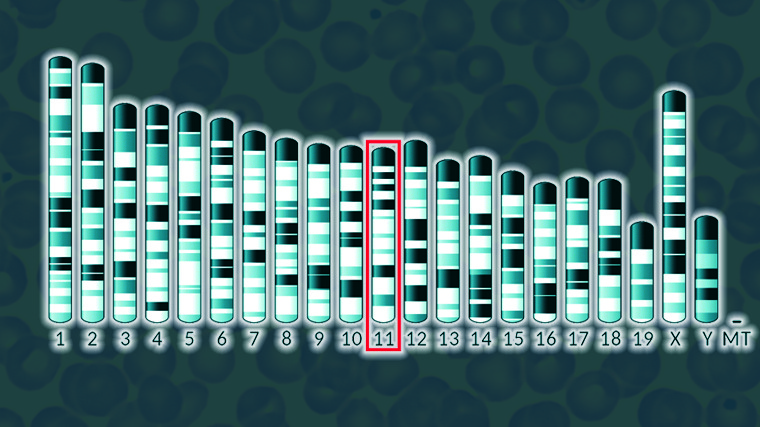News from QED Bioscience
Adenosine deaminase Severe Combined Immunodeficiency (ADA-SCID)
The 1976 movie “The Boy in the Plastic Bubble” (starring a very young John Travolta) highlighted the rare autosomal recessive disease Adenosine Deaminase Severe Combined Immunodeficiency (ADA-SCID). ADA-SCID is characterized by impaired T-, B-, and NK-cell development and is caused by mutations in the ADA gene (20q13.11) which normally encodes an enzyme that catalyzes the deamination of deoxyadenosine and adenosine to deoxyinosine and inosine. ADA deficiency, responsible for ~15% of all cases of SCID, leads to accumulation of deoxyadenosine when DNA is broken down, which in turn leads to:
- Buildup of dATP which inhibits ribonucleotide reductase and prevents DNA synthesis. Mitotically active developing T and B cells are highly susceptible to this defect.
- Increase in S-adenosylhomocysteine because ADA is important in the purine salvage pathway; both substances are toxic to immature lymphocytes.
ADA-SCID occurs in approx. 1 in 200,000-1 in 1,000,000 births. Most cases are diagnosed in the first 6 months of life, and, without treatment, survival past age 2 is rare because of lymphopenia, failure to thrive, and recurrent and opportunistic infections. Treatment options include HLA-matched stem cell transplantation, chronic enzyme replacement therapy, or autologous ex vivo gene therapy. Recently, ex vivo gene therapy product Strimvelis® was approved by the European Medicines Agency (EMA), and pegylated recombinant ADA replacement therapy Revcovi® was approved by the FDA for treatment of ADA-SCID.


